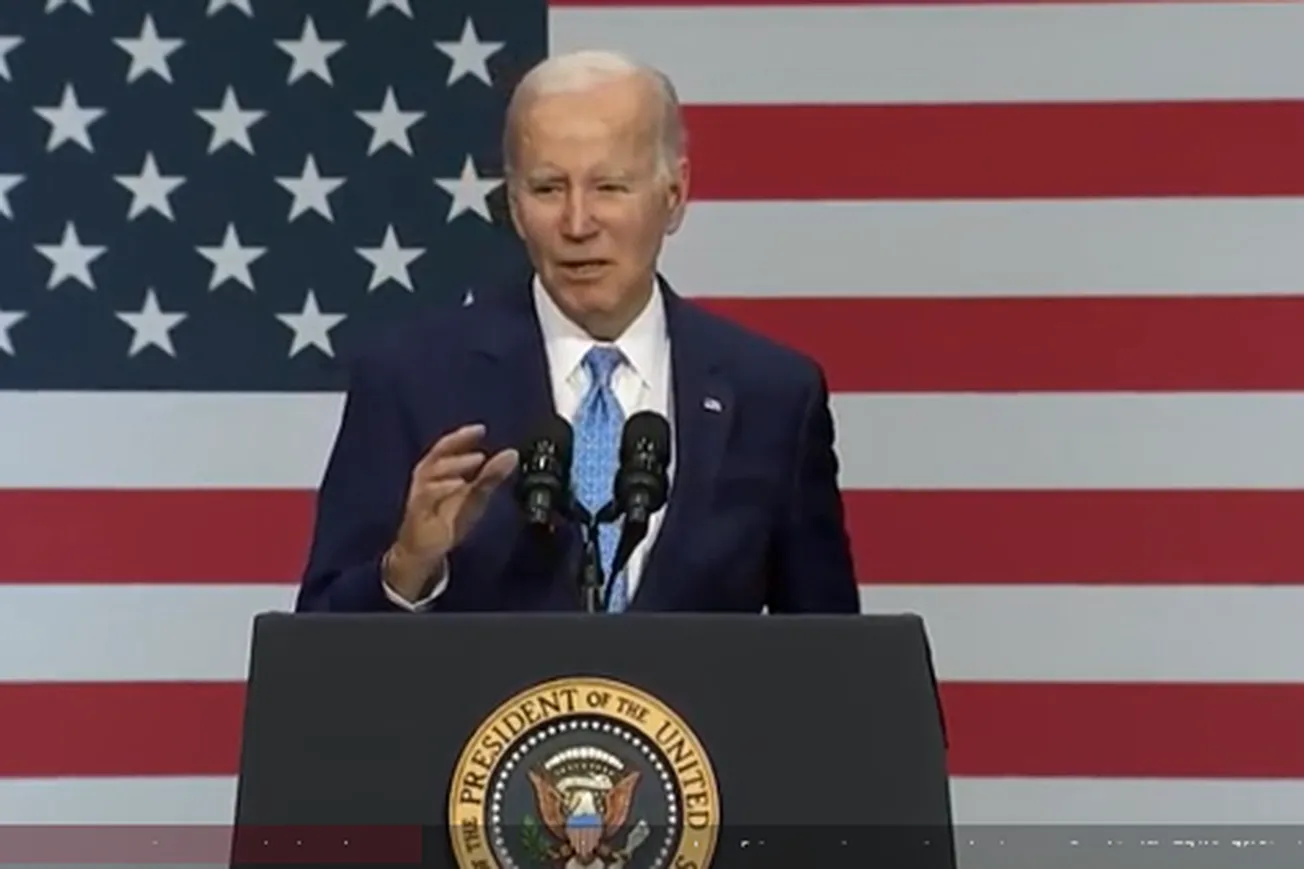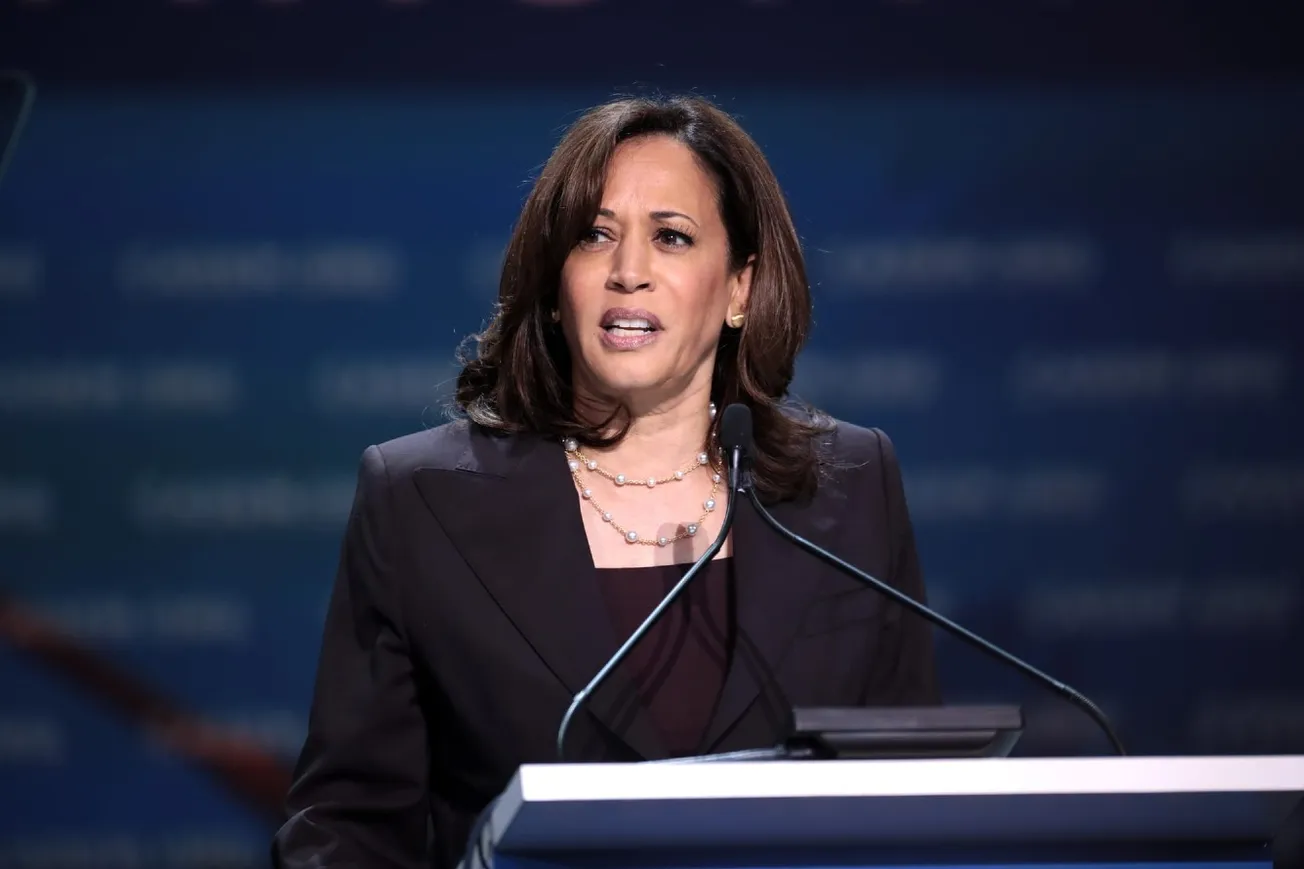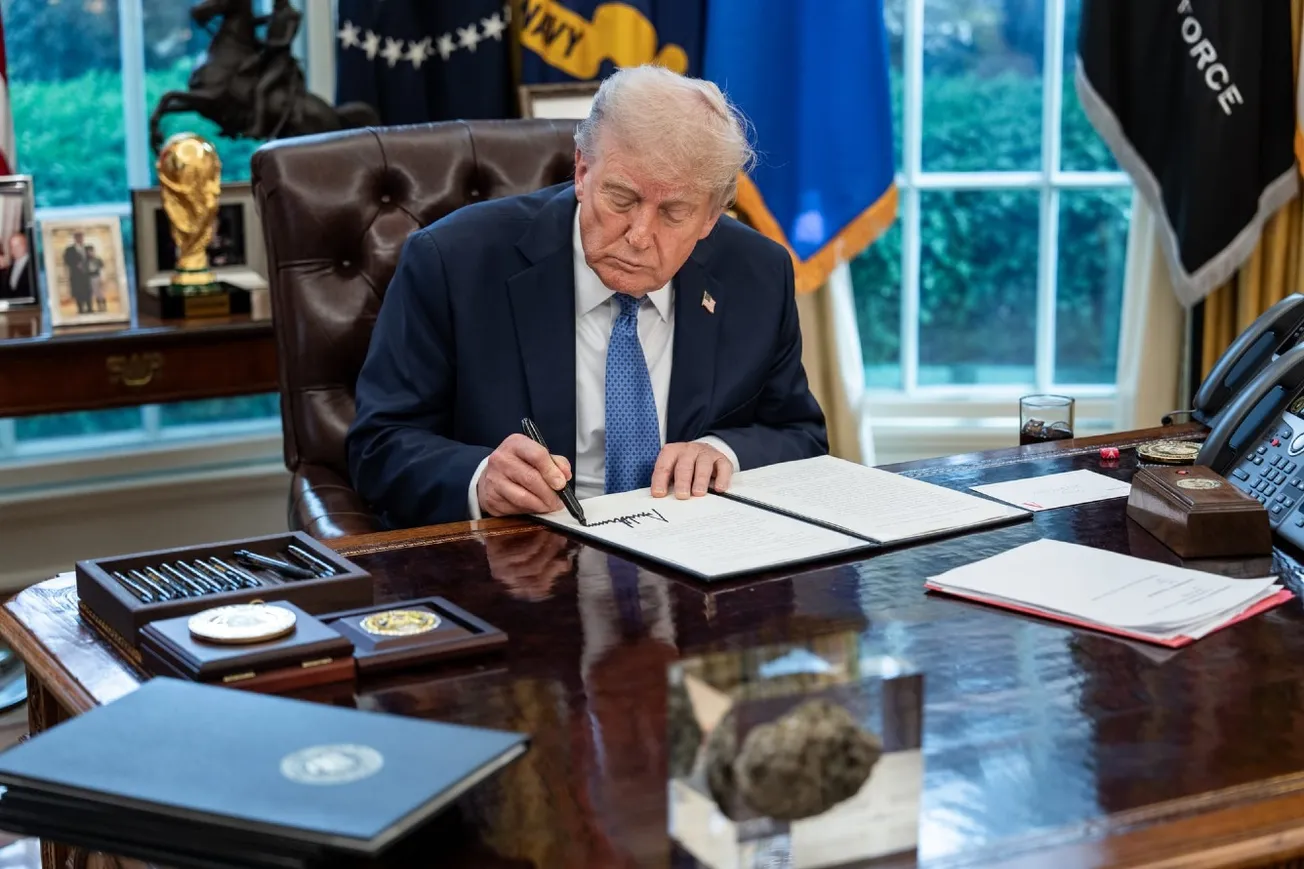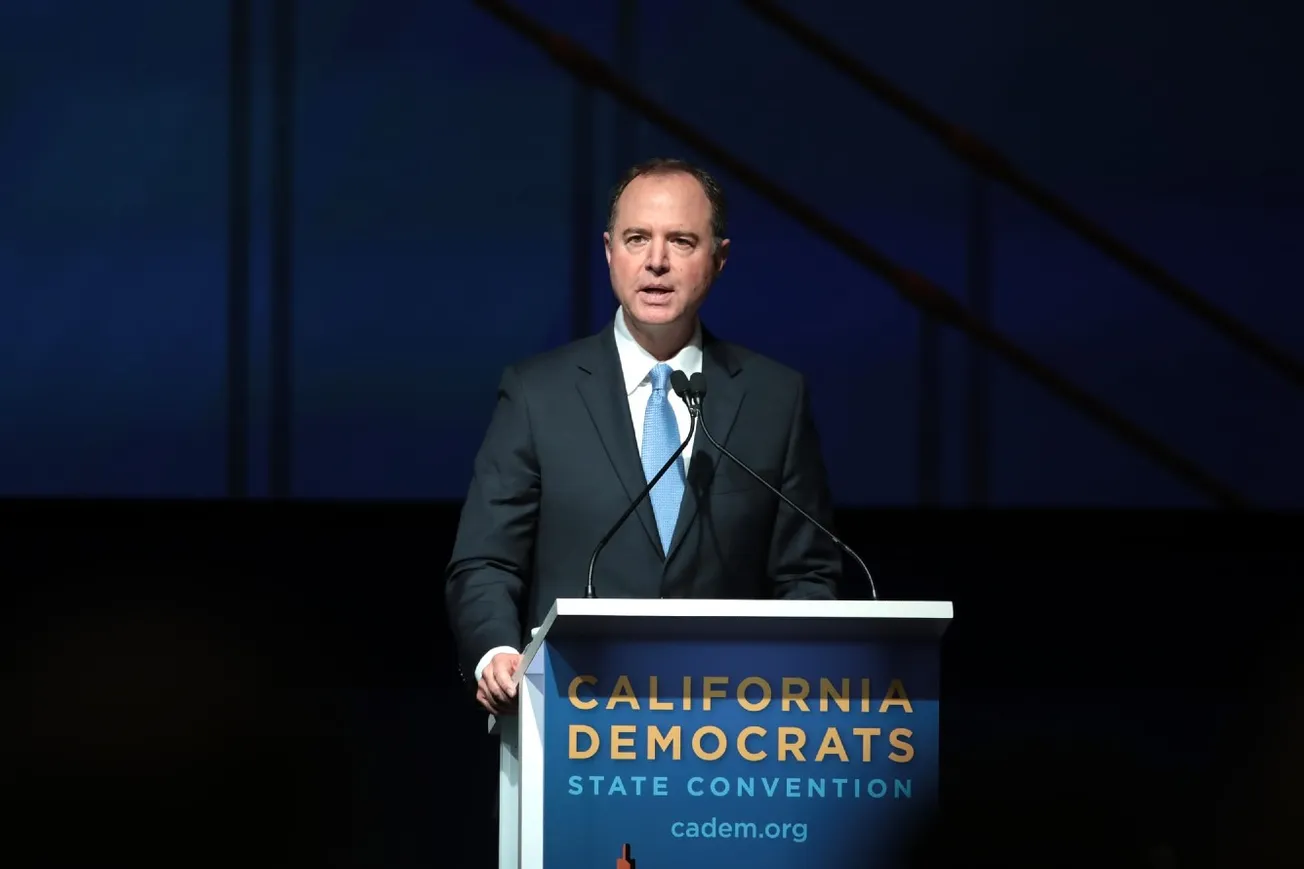By James Carter and Jim Ellis, The Daily Caller News Foundation | January 20, 2024
Democratic strategists and party leaders are visibly anxious about the upcoming presidential election. But, if a little-noticed report issued last month by the Congressional Budget Office (CBO) is to be believed, the president’s troubles have only started.
According to the report, “CBO’s Current View of the Economy From 2023 to 2025,” the economic growth rate will fall by 40% this year while the unemployment rate ticks up and job growth slows to a crawl.
More precisely, CBO anticipates monthly job growth will drop by 80% in the months leading up to the election. This promises to swell the ranks of the unemployed by more than 1,000,000, or nearly 20 percent.
If CBO’s forecast proves accurate, the timing could hardly be worse for the Biden campaign.
Voters are already uneasy with the state of the economy and President Joe Biden’s handling of it. A Gallup poll finds that only 32% of Americans and a mere 24% of political independents approve of the way President Biden is handling the economy.
Worse yet, a recent YouGov poll finds that a plurality of respondents (41%) think the economy is currently in recession. While 22% say they believe the economy is getting better, 45% say it is getting worse.
What happens to those numbers if CBO’s economic outlook comes to pass?
The one bright spot in CBO’s outlook is inflation. CBO expects the inflation rate will fall to 2.5% this year. That’s encouraging, but the political and economic damage is already done.
Inflation stood at an annual rate of 1.4% when Joe Biden was inaugurated. Inflation surged to 9.1% the following year in the aftermath of his federal spending spree. The overall price level (as measured by the Consumer Price Index) jumped 17.4% over the first three years of the Biden administration.
Compare that to the 7.7% increase over the four years of the Trump administration.
Americans were hit with more than twice as much inflation under President Biden and, significantly, in less time.
Nevertheless, President Biden’s re-election prospects are irrevocably tied to convincing voters that his economic policies are benefiting them and the country.
The President has his work cut out for him. As NBC News reported late last year: “No one seems to like ‘Bidenomics,’ the eponymous shorthand for Joe Biden’s economic policies — not voters, not Democratic officials, not even, at times, the president himself.” One Democratic political strategist added: “Whoever came up with the slogan Bidenomics should be fired.”
Bidenomics’ unpopularity persists despite unprecedented efforts to convince voters to think otherwise. Groups seeking to aid President Biden’s re-election spent a record $47.8 million last year on political advertising, largely in the battleground states of Arizona, Georgia, Michigan, Nevada, and Pennsylvania, only to see the President’s poll numbers deteriorate in all five states.
In an earlier era, President Reagan quipped: “[T]here’s an easier way you can tell our critics are wrong and that our plan is working: They don’t call it Reaganomics anymore.” It speaks volumes that Republicans continue to talk incessantly about Bidenomics, if only to attack it.
A week in politics is an eternity. Unfortunately for President Biden, he must endure 42 more weeks until the presidential election, all the while facing an already disgruntled electorate and the prospect of a deteriorating economy.
James Carter was a Deputy Undersecretary of Labor and Deputy Assistant Secretary of the Treasury under President George W. Bush. Jim Ellis is the founder of the Ellis Insight election analysis service.
Original article link









